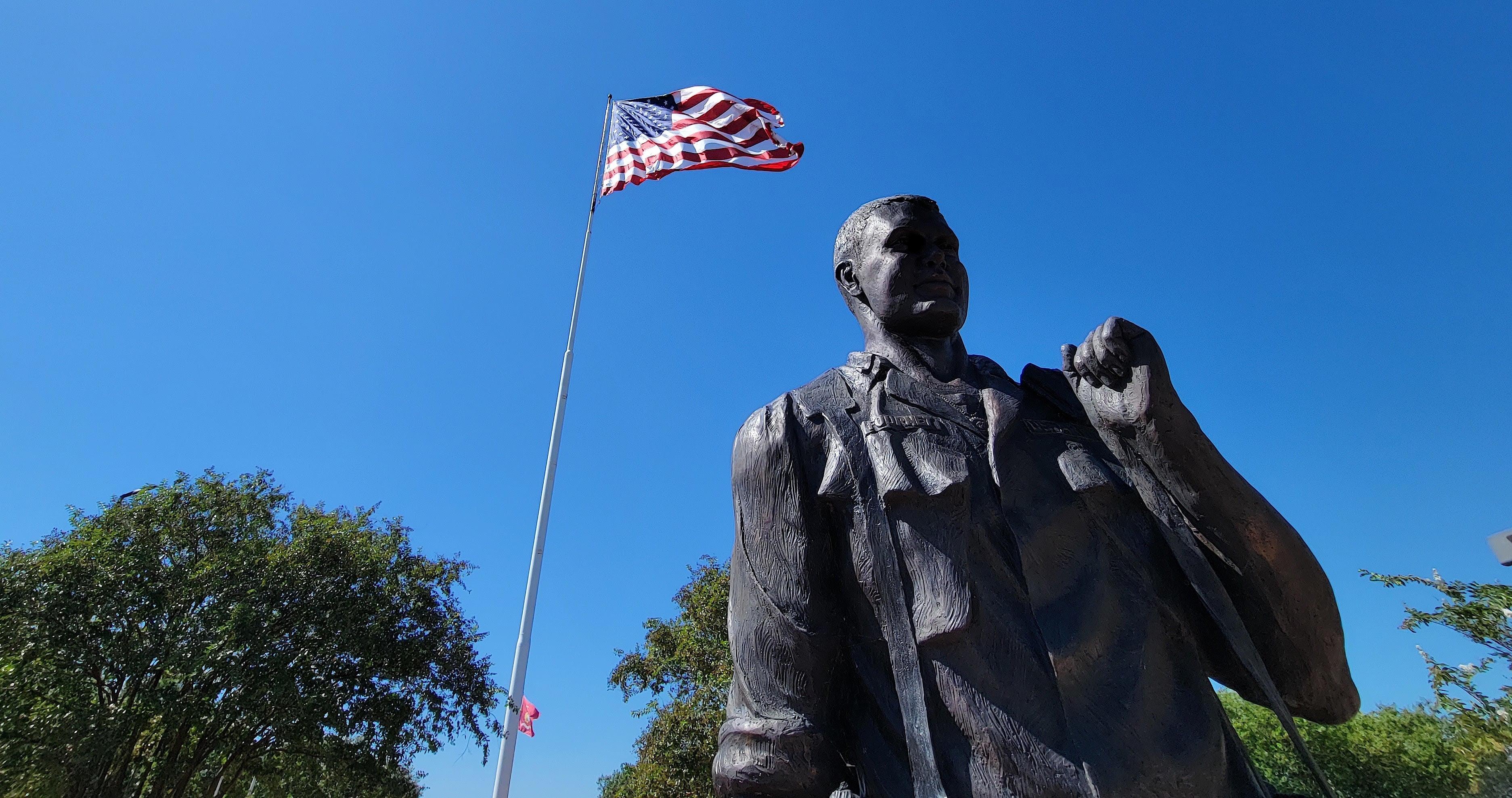Jim Beam column: Ukraine aid delay disturbing
Published 6:36 am Saturday, February 17, 2024

- Ukraine is still awaiting aid from the U.S. It is surrounded by other former Soviet countries that could be Putin's next targets.(Map courtesy of NBC News).
Those of us who are extremely frustrated by the Republicans in the U.S. House of Representatives who are holding up military aid to Ukraine can’t help but remember earlier days leading up to World War II. A similar situation was taking place in Great Britain in 1941.
“Great Britain on the Brink” is the title of a story about the Lend-Lease Program on the Franklin D. Roosevelt Presidential Library and Museum website.
Britain had been fighting Germany on land, at sea, and in the air since April of 1941. Lord Lothian, Britain’s ambassador to the U.S., arrived at New York’s LaGuardia Airport where he held an impromptu press conference.
“Well, boys,” he told the journalists who had gathered, “Britain’s broke; it’s your money we want.”
New British Prime Minister Winston Churchill questioned Lothian’s diplomacy, but his comments were no exaggeration. Without the funds he was talking about, Britain could no longer purchase the vital American-made war supplies it had been buying since the war broke out in September 1939.
President Roosevelt was already aware of the dangers posed by Nazi-German expansion, and the website story said he was determined to answer Britain’s needs. A few months later that answer would take the form of the Lend-Lease Program.
Doing something wasn’t easy for Roosevelt. A typical poll published in November 1935, asked this question, according to “History of the United States (Since 1865)” by T. Harry Williams and others: “If one foreign nation insists on attacking another, should the United States join with other nations to compel it to stop?”
The answer: yes, 28%, no, 67%, no opinion, 5%. The 28% were asked what kind of help they would give. Economic and nonmilitary measures only, 65%, military if necessary, 31%, no opinion, 4%.
The U.S. was an extremely isolationist nation at the time. So, Roosevelt introduced to the public the idea of lending, as opposed to selling, military supplies to Britain. He said it was like lending a neighbor a garden hose to put out a fire in his house and later he returns the hose intact or replaces it with a new one if it was damaged.
The Lend-Lease Act gave the president great power to spend funds allocated by Congress as he saw fit. Other countries eventually benefiting were the Soviet Union, China, Australia, New Zealand, and governments in exile. By the end of January 1945, the U.S. had spent $36.5 billion, 15% of its total war budget.
The website story concluded, “With awesome organizational skill, the Lend-Lease Program succeeded in realizing Franklin Roosevelt’s vision of making the United States the arsenal of the Allied war effort.
If only we had GOP leaders today with the vision of Franklin Roosevelt and others who found a way to demonstrate that the United States is always ready to assume its leadership role when it comes to defending democracy around the world.
Conservative columnist George Will in this newspaper Thursday summed up what could happen if House Republicans continue to hold up aid for Ukraine.
Will said, “Today, however, substantial numbers of insubstantial congressional Republicans are contemplating an ignoble (not honorable in character or purpose) act whose imprudence exceeds even its pettiness. These Republicans could, by denying Ukraine the materiel (military equipment) means of resistance, hand Russian President Vladimir Putin a victory that might be just the beginning of Putin’s war for the restoration of “Greater Russia.”
Total U.S. assistance to Ukraine has been $75.4 billion, Will said, and much of it has been spent here replenishing U.S. war materiel. He added that even adding in the $60 billion approved for Ukraine by the Senate would be less than the cost of servicing the national debt for three months.
And Will said the total for Ukraine would be less than the $200 billion (a low estimate) of Medicare and Medicaid fraud since the war began two years ago next week.
If Putin defeats Ukraine, Will said he would have a combat-seasoned military and a revived military industrial base to serve his plans to recover lost territory.
The Japanese attack on Pearl Harbor on Dec. 7, 1941, woke up a sleepy nation. Will said America “had better hope that the world has exhausted its supply of nasty surprises. Such an America is unprepared for any future that resembles the past.”
Is it possible Putin has some surprises of his own?
| ReplyForward
Add reaction |





